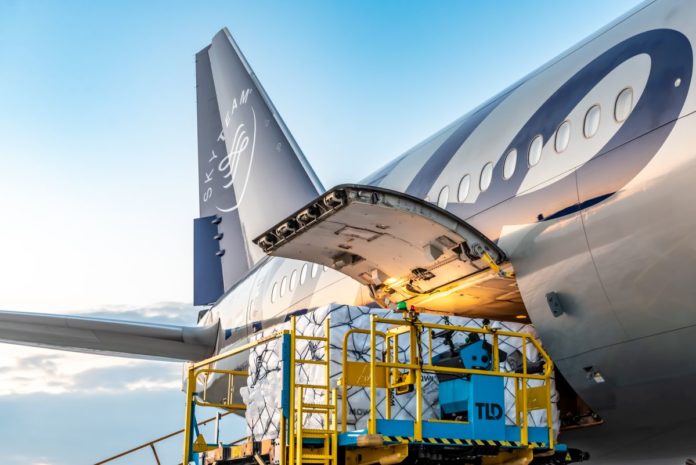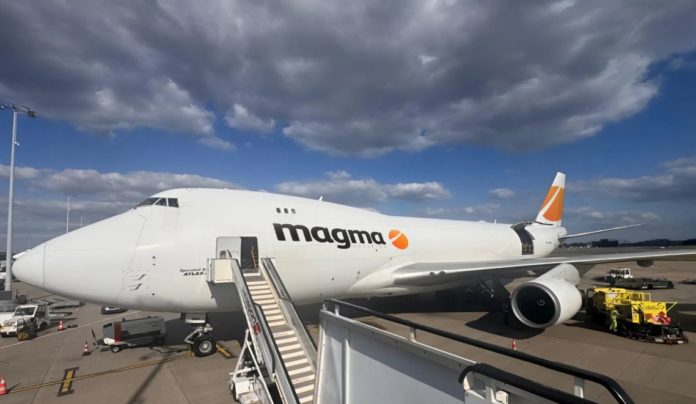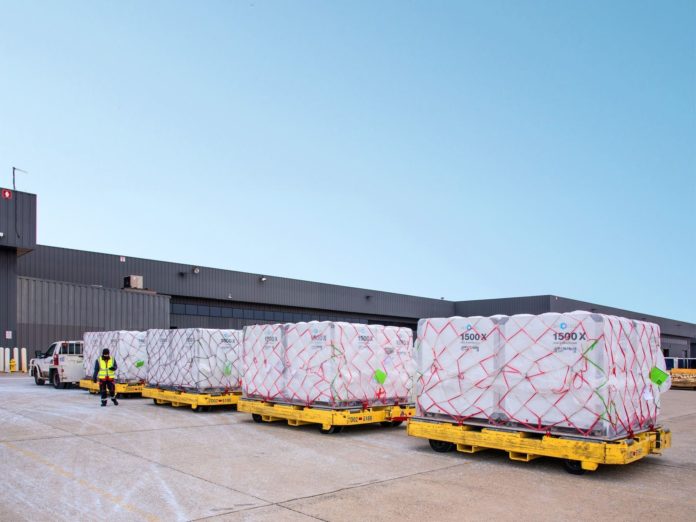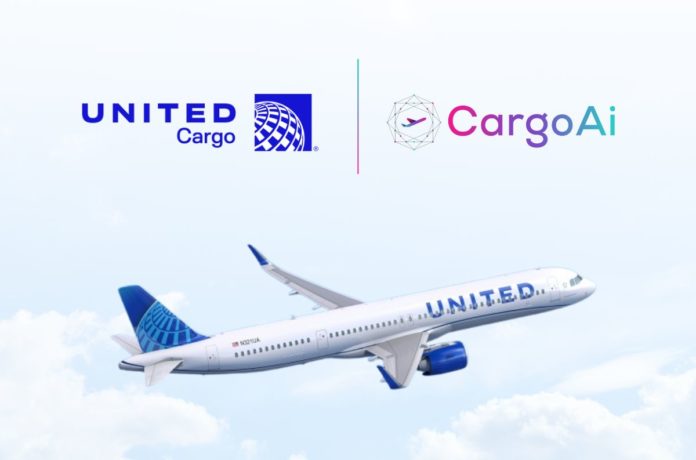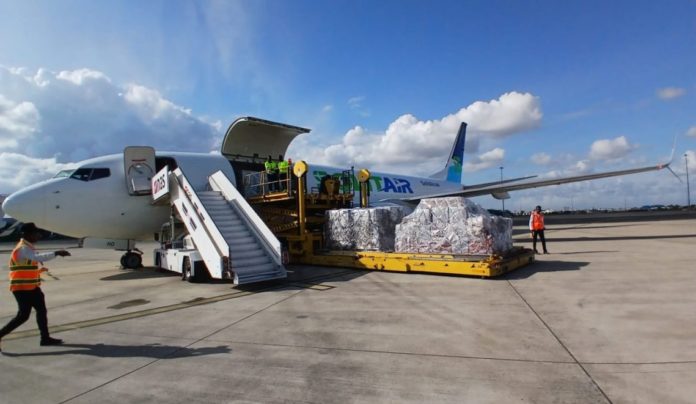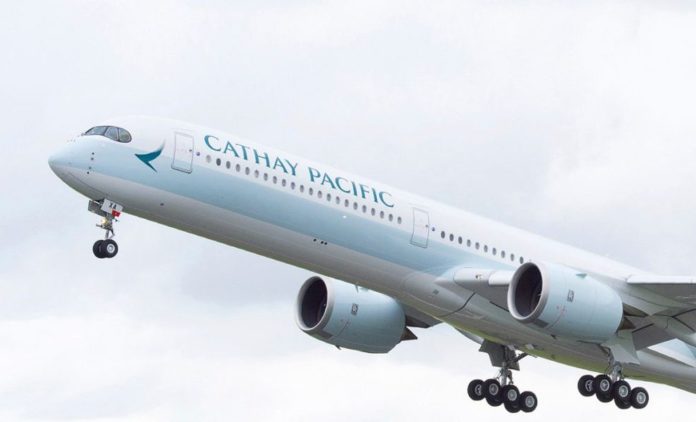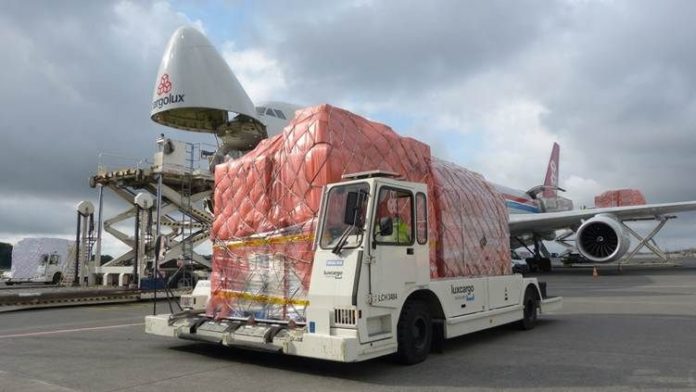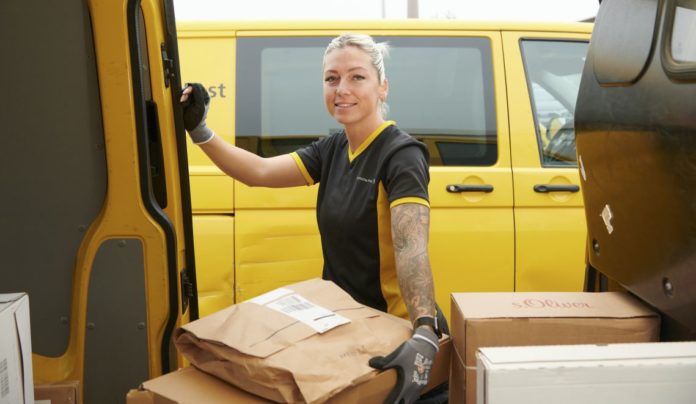SkyTeam Cargo celebrated its 25th anniversary on 28 September 2025, marking a quarter century as the world’s only global airline cargo alliance.
It was established in Washington DC in 2000 by four founding airlines: Aeromexico Cargo, Air France Cargo, Delta Cargo and Korean Air Cargo. Today, it connects over 850 destinations across over 150 countries with a fleet of more than 2,500 aircraft and offers Express, General, Specialized and Customized product lines.
SkyTeam Cargo is now focused on digital transformation to create a seamless shipping experience through the development of shared technology.
SkyTeam chief executive, Patrick Roux, said: “We remain proud to be the world’s only airline cargo alliance, now expanded to serve hundreds of destinations. From the beginning, SkyTeam Cargo was built on customer focus and global airline collaboration–like our passenger operations. Those values remain our guiding star as we look ahead and continue to innovate for the future.”








